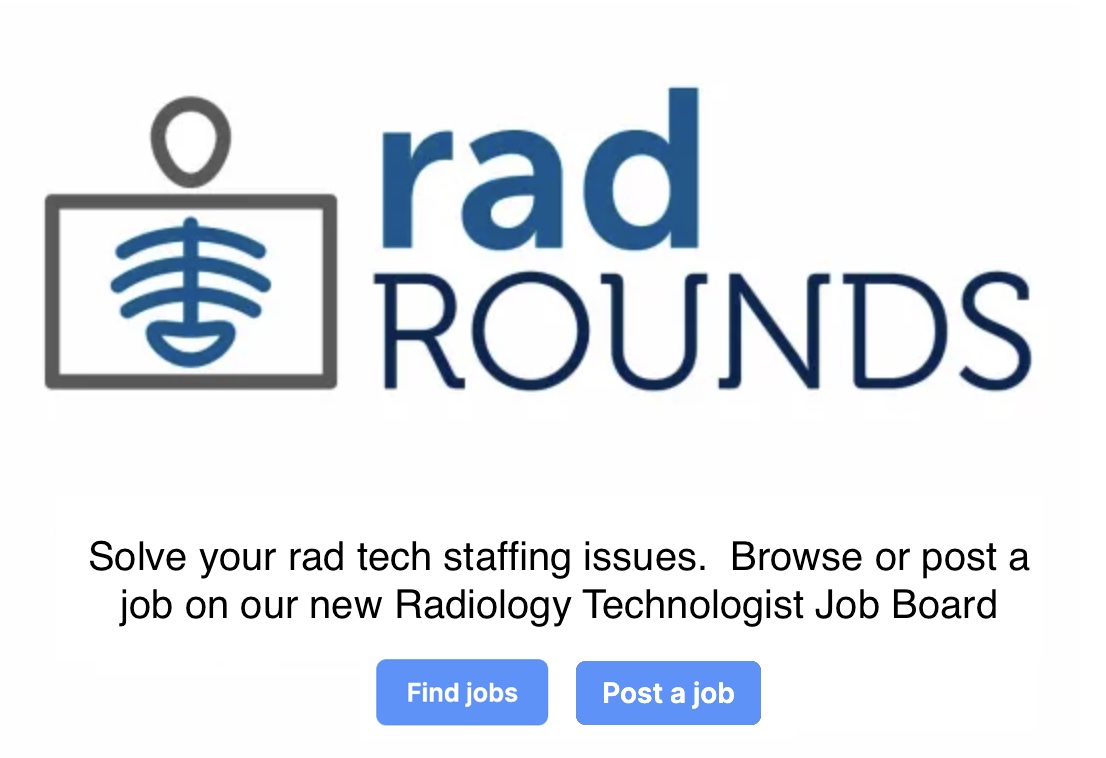Jonathan Rothberg, an entrepreneur with a knack for developing creative solutions for imaging needs, is adding a portable MRI scanner about the size of a photo booth to his growing list of accessible imaging inventions.
The scanner was spun out of Rothberg’s latest startup, Hyperfine. According to STAT News, the MRI is priced around $50,000, it’s 20 times cheaper to build than traditional MRI, 10 times lighter, and consumes 35 percent less energy than a 1.5 Tesla MRI. It was designed for emergency situations, and can be easily wheeled around and patients don’t need to remove any metal accessories to use it.
Kevin Sheth, MD, professor of neurology and neurosurgery at Yale University, has used Hyperfine’s device over 100 times at his neurological intensive care unit. “For some of the sequences, the pictures have gotten quite good,” said Dr. Sheth. “For others, they’ve gotten better but still have a ways to go.” Dr. Sheth thinks the technology is adequate for monitoring brain swelling or bleeding, and believes that it’s only a matter of time that the scanner will be sophisticated enough to use for clinical decision making.
Hyperfine is currently waiting for clearance from the Food and Drug Administration to be able to use the device on the brains of adults and children older than 2 years old. They’re also working on expanding its imaging capabilities so that it can capture more body parts such as feet, ankles, and knees.
“If you want to see changes over time, you can’t do that with a classic MRI machine,” said Rothberg. “We can be in the room. We can see it over time. And we have to have a good enough image to be actionable.”













